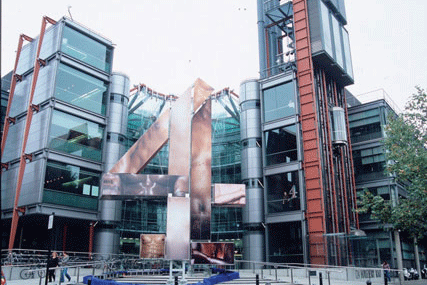
However, the report does not guarantee that a combined Channel 4 and BBC Worldwide would underpin this planned entity and refuses to rule out top-slicing the licence fee as a means of funding it.
Carter said the final Digital Britain report, due out in June, will decide whether a "long-term and sustainable second public service organisation... can be defined and designed", drawing in part on Channel 4's assets and a recast remit.
The report said the new public service broadcasting entity would be a body with "public service at its heart", but one which is able to develop partnerships with the private and public sector. The report said Channel 4 would continue to be the broadcast licensee within such an entity
And while the report said that it "makes sense" to begin by looking at Channel 4 and BBC Worldwide as potential means of creating this body, it made clear that the Government is evaluating a range of options and organisational solutions for achieving such an outcome.
Crucially, while noting that a proposed tie-up between BBC Worldwide and Channel 4 is "a potentially helpful step", the report said other options must remain on the table.
The Digital Britain report echoes similar calls made by Ofcom's report into public service broadcasting last week. The report said a new commercial public service broadcaster should be formed, with Channel 4 at its core, possibly via a merger with Five or BBC Worldwide.
Follow MediaWeek.co.uk throughout today, and Media Week's next edition, on 3 February, for further analysis of the Digital Britain report.


_1.jpg)
.jpg)

